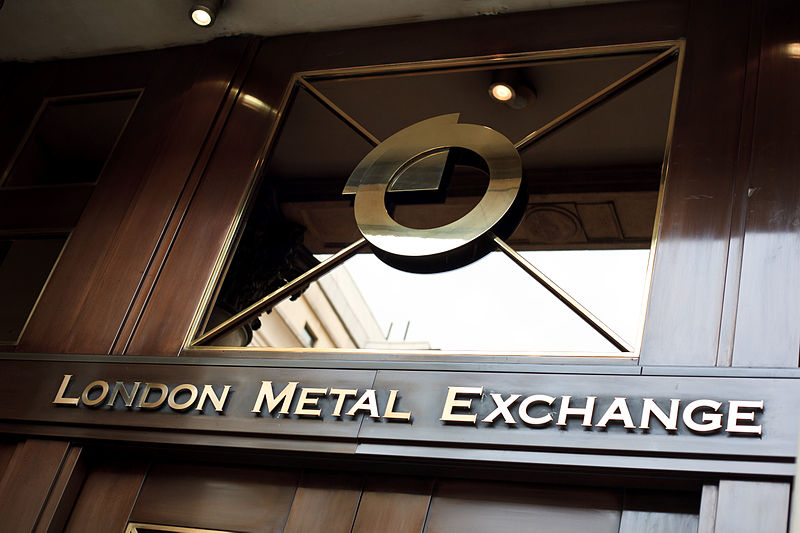
Environmental campaigners have warned the London Metal Exchange (LME) that it may be violating UK law by allowing the trade of copper from Papua, Indonesia. They argue that the
extraction process at the Grasberg mine—one of the world’s most environmentally damaging operations—would be illegal in most other countries.
The Grasberg mine, situated in Papua’s highlands within one of the world's largest rainforests, has been a key source of copper and gold since the late 1960s. However, it employs a controversial “riverine tailings management system,” dumping an estimated 200,000 tonnes of mining waste daily into the Ajkwa River delta. This method, banned in most nations, releases toxic contaminants such as arsenic, cadmium, lead, mercury, and cyanide into local ecosystems.
Indigenous communities in Papua report severe consequences from the mine’s operations, including poverty, disease, and environmental destruction. Research has linked the vast waste output to deforestation, water pollution, and the loss of traditional food sources. In 2016, a tribal leader described how tailings had raised riverbeds, suffocating aquatic life essential to their economy and culture.
The mine’s operator, PT Freeport Indonesia (PTFI), maintains that its tailings management system is the best available option given local conditions and undergoes regular environmental audits. The company has also implemented compensation programs for affected communities.
However, legal groups including the London Mining Network (LMN) and the Global Legal Action Network (GLAN) argue that copper produced under such conditions could be classified as “criminal property” under the UK’s Proceeds of Crime Act (POCA). In a letter to the LME and its regulator, the Financial Conduct Authority (FCA), they urged the exchange to report potential money laundering concerns to the National Crime Agency.
“As the global centre for metals trading, the LME has a legal duty to ensure that metals on its platform are not linked to environmental crimes,” said GLAN lawyer Stéphanie Caligara. “The FCA must investigate any suspicion of laundering criminal proceeds through trading on the exchange.”
Last year, campaigners sought a judicial review of Grasberg copper trading but were told to raise concerns directly with the LME and FCA before pursuing legal action. If successful, their efforts could prompt broader industry changes, forcing mining companies in countries like Brazil, Peru, and Russia to rethink environmentally harmful practices.
Since early 2024, the LME has required all listed products to meet responsible sourcing standards set by the Organisation for Economic Co-operation and Development (OECD) and the International Organization for Standardization (ISO). However, the exchange is reportedly unable to disclose any internal concerns about specific products.
A spokesperson for the LME stated, “The LME takes its regulatory obligations seriously and has appropriate measures in place to comply with POCA.”
PTFI declined to comment. Photo by Kreepin Deth, Wikimedia commons.


































